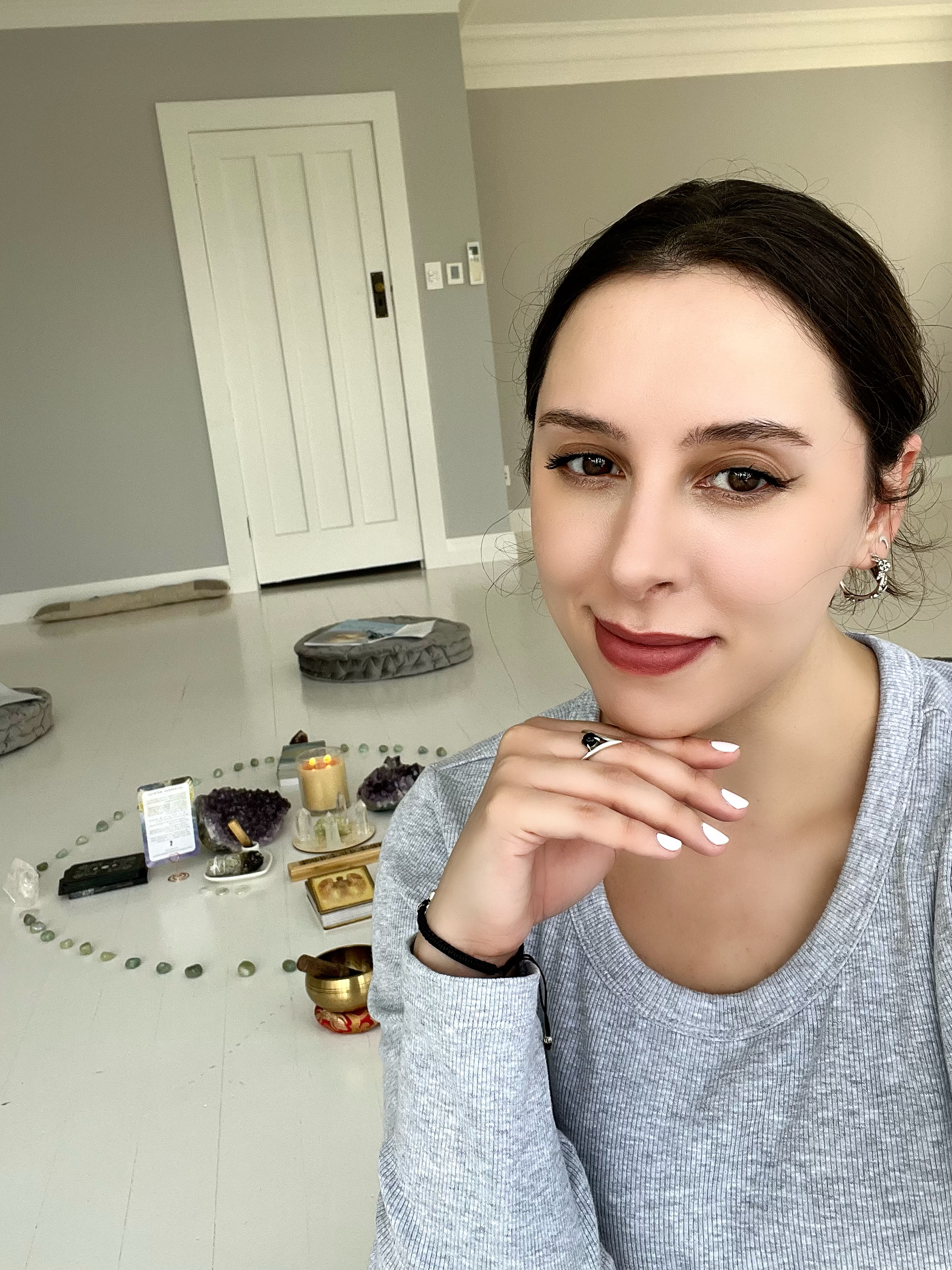Boundaries: Embracing Self-Love and Personal Growth
- Giuliana

- Apr 6, 2023
- 2 min read
As we journey towards self-discovery, we often find ourselves letting go of toxic behaviors and breaking down the barriers that have kept love at bay. But in order to truly thrive, it's essential to understand boundaries. By doing so, we can establish a strong sense of self, and navigate the twists and turns of our growth with confidence and clarity.
Setting boundaries is a powerful act of self-love and self-care. It teaches others how to treat us as we continue to heal and grow, and ensures that we're prioritizing our well-being in every aspect of our lives. However, it's easy to overlook our own needs as we focus on being compassionate and loving towards others.
That's why it's important to also extend kindness and understanding to ourselves. By knowing our values, understanding our truth, and speaking it with authenticity, we can set healthy boundaries that not only protect our well-being but also create a more harmonious and fulfilling life.
Knowing yourself is also crucial in this process. When you have a clear understanding of who you are, you can determine if you're introverted, extroverted, or ambivert. This knowledge allows you to accept and celebrate yourself for who you are, rather than trying to be someone you're not. By embracing your unique qualities, you can set boundaries that honour your needs and preferences, and attract the people and experiences that are right for you.
Here are three pieces of advice for setting healthy boundaries:
Know your values: Before setting any boundaries, it's important to understand what you stand for and what matters most to you. Take some time to reflect on your core values, such as honesty, respect, and kindness. This will help you identify the behaviours and actions that align with your values and those that do not.
Communicate clearly: Setting boundaries requires clear and direct communication. Be honest and assertive when expressing your needs and boundaries to others. Use "I" statements to avoid coming across as accusatory or blaming, and be specific about what you need and why.
Practice self-care: Establishing and enforcing boundaries can be challenging, especially if you're used to putting others' needs before your own. It's essential to take care of yourself during this process by prioritizing self-care activities like exercise, meditation, or spending time in nature. When you're feeling strong and centred, it's much easier to set and enforce healthy boundaries that protect your well-being.




Comments